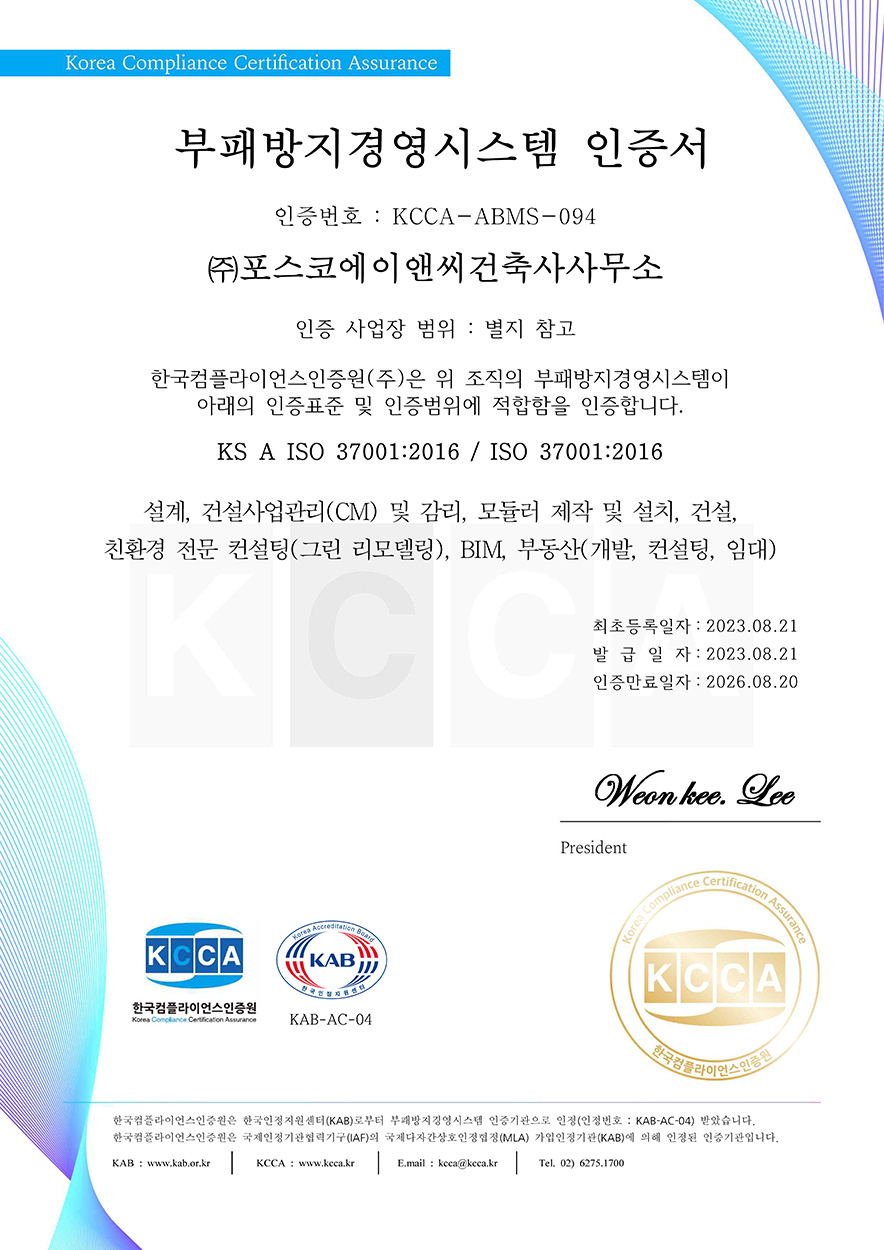POSCO Group’s
ethical management is based on our corporate philosophy of
“doing the right thing in the right way.”
ethical management is based on our corporate philosophy of
“doing the right thing in the right way.”
POSCO Group has achieved remarkable growth with the mission to assist national advancement.
In the process, we have engaged in a relentless search to identify what is right for our country and business.
We must charge ourselves with the trust of the people and a stronger belief in ourselves to drive us forward and navigate the future.
At this juncture, I would like to share with you the new way forward in our ethical management.
POSCO Group will step up our efforts to being a trusted leader in the global market through ethical management.
In the process, we have engaged in a relentless search to identify what is right for our country and business.
We must charge ourselves with the trust of the people and a stronger belief in ourselves to drive us forward and navigate the future.
At this juncture, I would like to share with you the new way forward in our ethical management.
POSCO Group will step up our efforts to being a trusted leader in the global market through ethical management.




